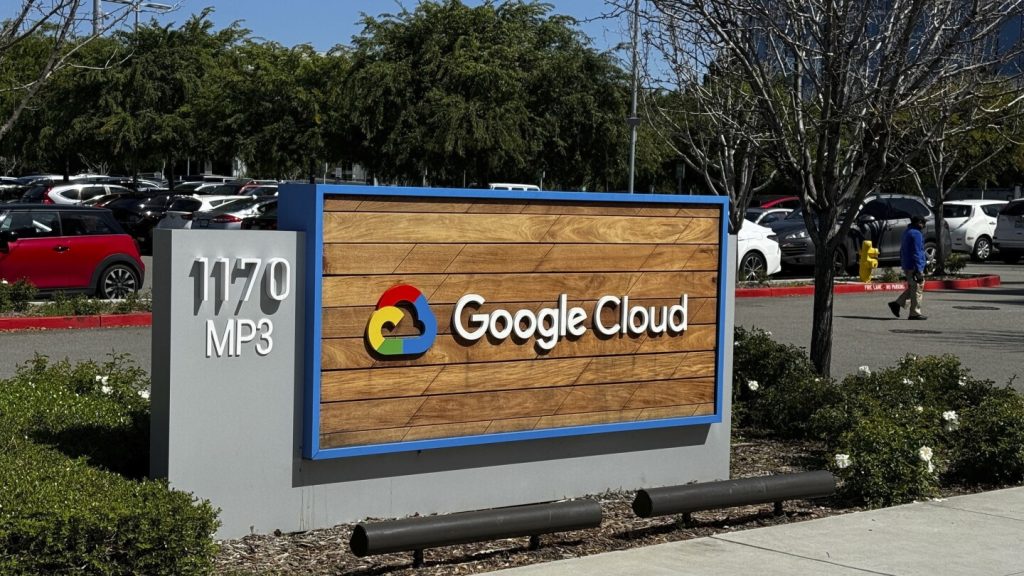The complaint alleges that Google violated the workers’ rights to engage in protected concerted activities under the National Labor Relations Act. The fired employees argue that their participation in peaceful protests directly related to their terms and conditions of work, specifically the company’s contract with the Israeli government. The protests were aimed at bringing attention to Project Nimbus, a $1.2 billion deal that provides artificial intelligence technology to the Israeli government. The workers claim that this technology is being used in the Gaza war in a lethal manner, a claim that Google denies.
The National Labor Relations Board has received the complaint but has not yet set a timetable for reviewing the case. The 50 workers who were fired or placed on administrative leave earlier this month are seeking to get their jobs back, arguing that Google wrongfully terminated them for participating in peaceful protests. The fired employees maintain that their actions were non-disruptive and directly tied to their work conditions at the company. Google, on the other hand, maintains that the terminations were justified and were not related to the employees’ participation in protests.
The dispute highlights the ongoing tensions between tech workers and their employers over ethical issues and corporate partnerships. Many tech companies, including Google, have faced backlash from employees over contracts with governments and other entities that workers perceive as unethical. In this case, the workers are challenging Google’s relationship with the Israeli government and the use of artificial intelligence technology in the Gaza war. The outcome of the complaint filed with the National Labor Relations Board could have implications for how tech companies handle employee protests and labor disputes in the future.
The fired workers are represented by the Communications Workers of America, a labor union that has supported tech workers in similar disputes in the past. The union argues that Google violated the workers’ rights under the National Labor Relations Act and is advocating for the employees to be reinstated. The case is likely to attract attention from labor advocates, tech industry watchers, and others interested in how tech companies navigate ethical dilemmas and labor issues. The outcome of the case could set a precedent for how tech companies handle similar disputes in the future and may impact employee activism within the industry.
The fired workers are not backing down from their fight to get their jobs back and hold Google accountable for what they see as unethical behavior. The employees argue that they were exercising their rights to engage in protected concerted activities and should not have been punished for speaking out against the company’s contract with the Israeli government. The outcome of the complaint filed with the National Labor Relations Board will determine whether the employees will be reinstated and whether Google will face consequences for its handling of the situation. The case underscores the growing tensions between tech workers and their employers over ethical issues and corporate partnerships, and the potential impact of employee activism on the tech industry as a whole.


